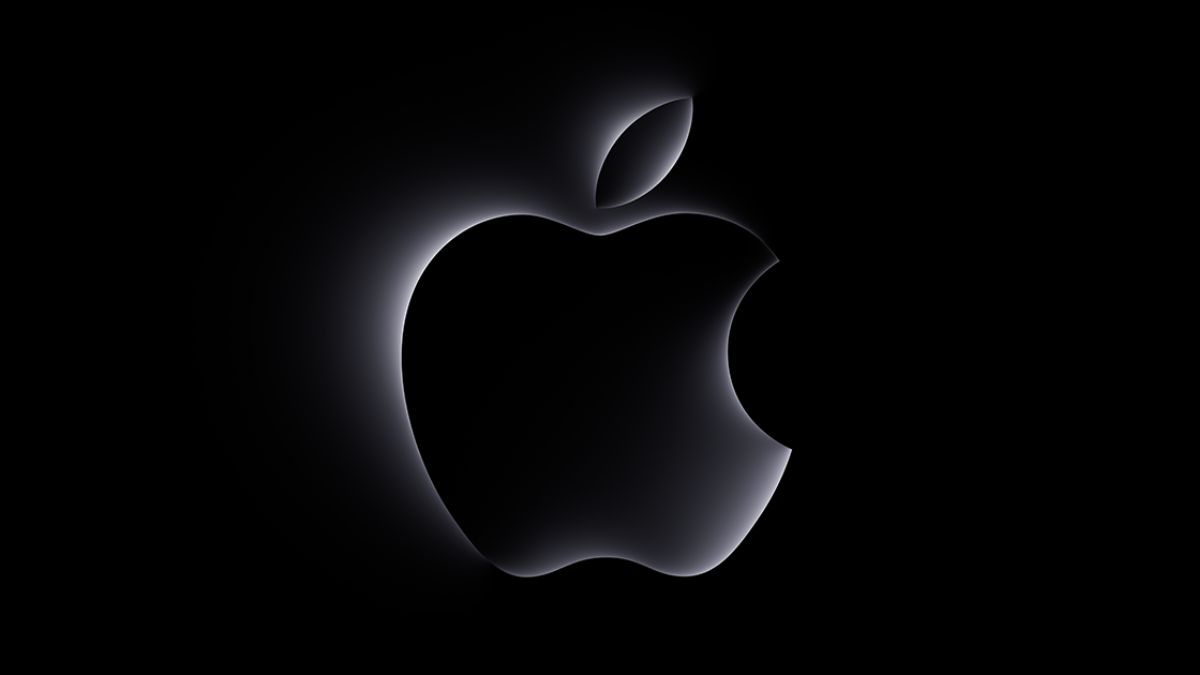In a bid to address antitrust concerns raised by the European Commission, Apple has proposed granting rivals access to its contactless payment technology. The offer comes as part of a series of commitments to facilitate competition in the mobile wallet market on iOS devices.
Apple Pay, the tech giant’s mobile wallet feature, enables users to make contactless purchases by tapping their iPhones. As Apple controls the iOS operating system exclusively, third-party mobile wallet developers have faced restrictions in accessing its payment technology.
The European Commission’s 2022 findings highlighted concerns about competition restrictions, stating that Apple Pay’s exclusivity for iPhone users could limit competition in the mobile wallet market. To address these concerns, Apple has put forth commitments to provide access to its mobile payment technology for third-party developers.
Apple’s proposed changes include allowing third-party developers in the European Economic Area to access NFC contactless payments within their iOS apps, separate from Apple Pay and Apple Wallet. The company also commits to introducing new features, such as defaulting to users’ preferred payment apps, and applying non-discriminatory eligibility criteria for rival developers.
An Apple spokesperson told CNBC, “Through our ongoing discussions with the European Commission, we have offered commitments to provide third-party developers in the European Economic Area with an option that will enable their users to make NFC contactless payments from within their iOS apps, separate from Apple Pay and Apple Wallet.”
The proposed changes are slated to remain in place for ten years, and the European Commission is seeking feedback on the solutions Apple has put forward. If accepted, the commitments will be legally binding, and Apple would be required to implement the changes. Failure to comply could result in fines of up to 10% of the company’s total revenue.
Apple is concurrently under scrutiny from antitrust regulators in the United States, where the Department of Justice is reportedly building a case against the company. The DOJ’s focus is said to be on software and hardware limitations on iPads and iPhones that allegedly restrict competition. A potential lawsuit against Apple by the DOJ is anticipated within the first quarter of the year.
Shares of Apple closed up over 1% on Friday following these developments.


